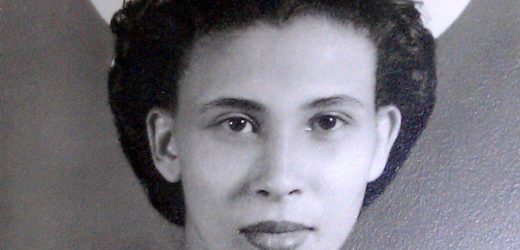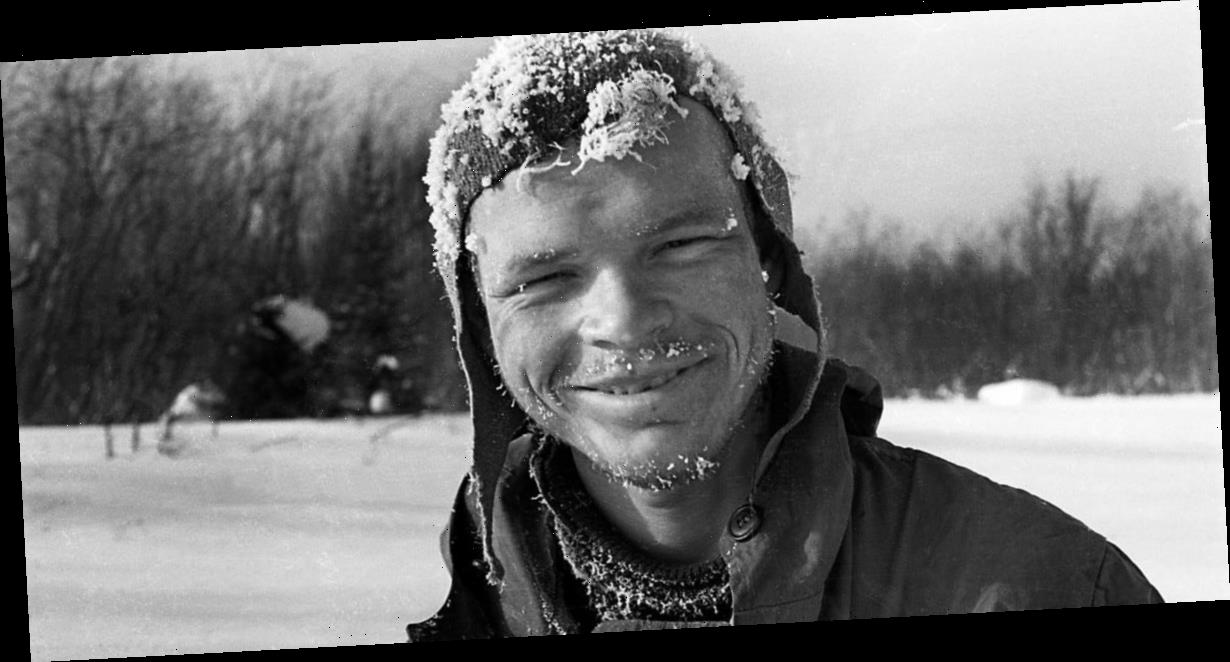Zipporah Hammond was 10 years old when she decided she wanted to be a nurse. Her mother, the first Black woman to be a valedictorian at a Denver public high school, had just died, and watching her struggles throughout the sickness and people’s willingness to help out solidified Hammond’s choice.
Hammond herself looked to clear the high bar her mother set, said Hammond’s son, Stephen Hammond .
Born in 1924, Zipporah Hammond — or “Zippy” — didn’t like to draw attention to herself. She was admitted into the University of Colorado School of Nursing in 1941 — one of 30 students. During her time at CU, she and other minority students were not treated equally, but Stephen Hammond said his mother wasn’t bitter.
She ended up as the first Black nursing graduate at the University of Colorado , and would deflect the attention over her milestones, which also included beating tuberculosis and becoming the first person of color to hold a hospital leadership position in Denver at the young age of 29.
“That’s the way she approached her life, being unassuming and stepping in where she thought that it would make a difference,” he said.
Zipporah Hammond’s sons, Stephen and Darrell , have nominated their mother to be part of the Colorado Women’s Hall of Fame . She’s been considered five different times since 2011, but has yet to be inducted.
“Zipporah’s firsts represent positive change and lasting milestones in Colorado history,” their nomination application states. “Her success ultimately broke down barriers and made it easier for women and minorities to enroll in college to pursue nursing as a career.”
Stephen Hammond said Black History Month is the perfect time to celebrate his mother and her effort to make the world a better place. She died in 2011, and would have turned 97 on Monday.
“Black History Month is an opportunity to raise up people in our society and she certainly fits into that,” he said. “Understanding our history is an important way to figure out how to not make mistakes we’ve made in the past and how to move forward as a society in a very positive way.”
“She’s done so many things”
After nursing school, 22-year-old Zipporah Hammond become a nurse at the Colorado General Hospital in Denver . Later, she moved to Alabama to become chief surgical nurse for the Infantile Paralysis Unit of the John A. Andrew Memorial Hospital at the Tuskegee Institute .
Nearly a year later, she contracted tuberculosis, and came back to Denver where she was hospitalized at National Jewish Health. It was there when she met her husband, Sheldon Hammond.
She recovered and returned to CU for her medical librarian’s certification in 1951. Two years later, she rose to the title of director of medical records at what is now Presbyterian St. Luke’s Medical Center .
Her son Stephen said that she dedicated her life to her work, her family and to others as a volunteer. From 1998-2005, she helped train over 200 CU medical students. For 17 years, beginning in 1992, Hammond also volunteered at the Denver Public Library on a historical preservation effort to piece together Black history in Denver.
“She’s just done so many things to help our community over the course of time,” Stephen Hammond said.
In light of the legacy she has left in the community, the Zipporah Parks Hammond Memorial Nursing Scholarship endowment fund was created in 2012, a year after her death. To honor her memory, recipients have to be avid volunteers in their community, along with pursuing a nursing degree.
“It’s great to see how [the scholarship recipients] are progressing and the things they’re doing to make a difference for the next nurses,” Stephen Hammond said.
If his mother was alive today, he said, she would say that persistence is key. Even though things may not be how you’d want them to be, Zipporah Hammond encouraged people from marginalized communities to continue to move forward and help yourself where you can, he said.
“In order to make a change in something that perhaps didn’t work well for you, you need to step up and do something to make a difference,” he said. “Be the change that you want to see.”
Source: Read Full Article




